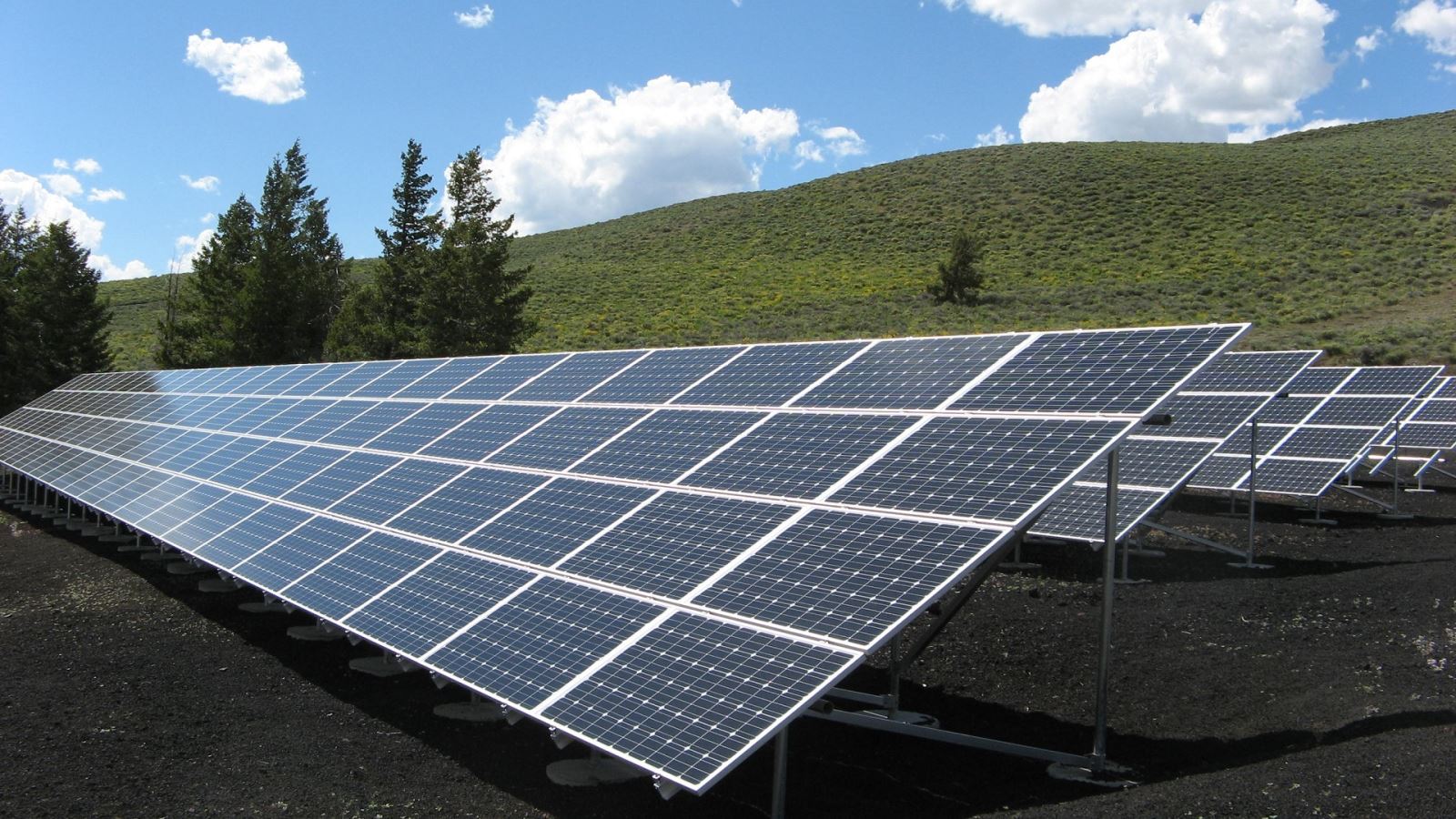
By Matt Doll, Minnesota Environmental Partnership – (@mattjdoll)
This week marked the beginning of the end of the federal government’s participation in the Paris Climate Agreement. Despite the clear and present necessity of climate action, the non-binding terms of the pact, and the participation of every other UN member country, the Trump Administration argued that the agreement is hostile to US interests and signaled the beginning of its withdrawal.
This move is unquestionably a setback for global efforts against the climate crisis. But also highlights how out of step the federal government is with the states, cities, and communities that make up the nation – especially within Minnesota. A recent survey from the Cook Political Report and the Kaiser Family Foundation found that climate change is now second only to health care as the top issue for Minnesotans as they decide who to vote for in next year’s Presidential Election.
Minnesota Governor Tim Walz is one of 24 Governors in the United States Climate Alliance, an organization of state executives representing more than half the US population and more than 60% of US GDP. The Alliance pledges to implement and accelerate positive climate policies in line with the Paris Agreement. Similarly, the organization Climate Mayors, a group of municipal leaders across the United States, includes a dozen mayors in Minnesota, including those of our five largest cities of Minneapolis, St. Paul, Rochester, Duluth, and Bloomington.
Of course, it’s easy enough for a single political leader to pledge their support for climate action, but what have Minnesota leaders been doing lately to confront climate change? Here a couple of examples:
- Clean Vehicles: The Minnesota Pollution Control Agency has begun rulemaking for Clean Cars Minnesota, which would ramp up the electric vehicle market in Minnesota and help cut emissions from our largest sector. We encourage Minnesotans to share support and input on this proposal.
- Sustainable Communities: Minnesota communities, including Minneapolis and St. Paul, have demonstrated their intent to synthesize low-emissions strategies with public health and economic opportunity. The Minneapolis 2040 plan, and the relevant policies passed by the City Council, features a strong focus on clean transportation and building efficiency. Similarly, St. Paul is developing its own plans to reduce driving and improve building efficiency in the Capitol City. Other communities around Minnesota are similarly recognizing and acting on the need for emissions cuts.
But there’s much more to do.
We know we need to move much faster to meet and exceed our emissions reduction goals. The 2020 Legislative Session offers one opportunity to move forward, especially as it will be a traditional year for the state to invest in infrastructure via bonding. This money could be used for investments in green buildings, reforestation, conservation projects, transit infrastructure, and other proposals that help bring us to carbon neutrality or net-negative emissions. Above all, the state bonding bill should ensure that projects reduce, not increase, carbon pollution.
MEP will continue working hard to make sure our leaders recognize and respond to what we already know: climate change is Minnesota’s greatest threat. We can’t pass up the opportunity to solve it now.
What you can do:
- Share your input on the Clean Cars Minnesota proposal.
- Ask your local elected officials how they plan to do their part to solve the climate crisis.